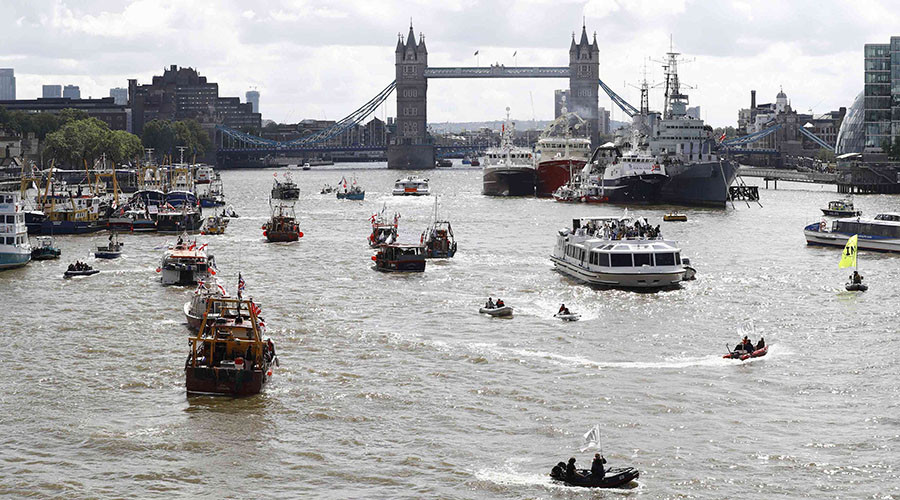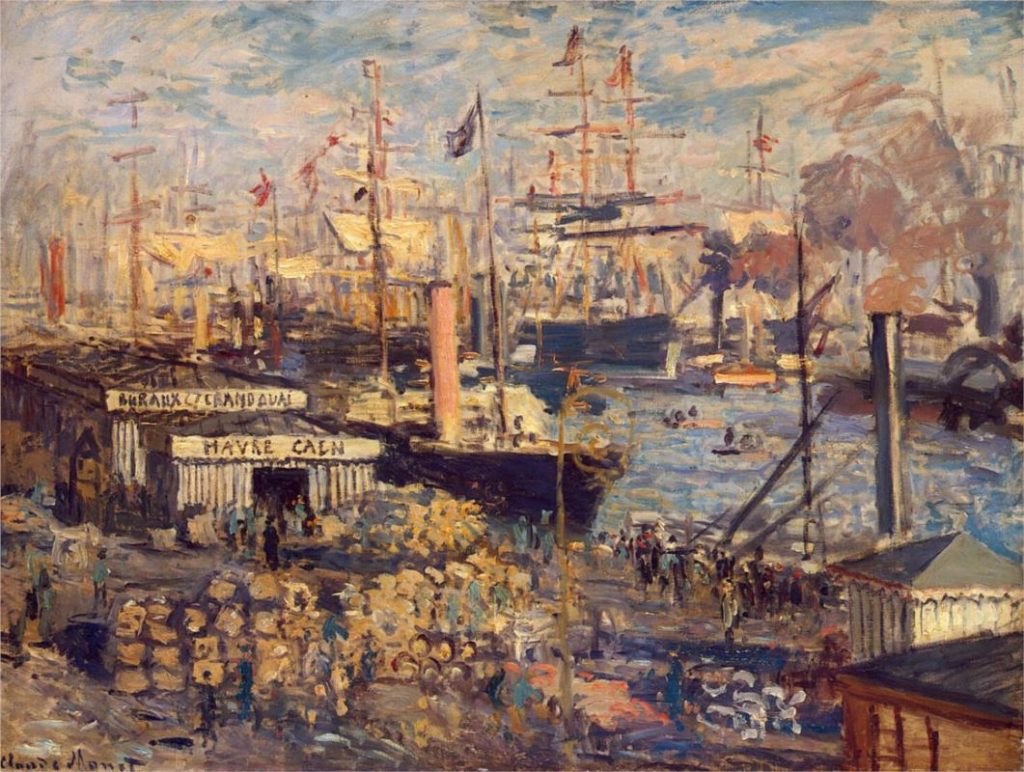Caryll Houselander ‘The Dry Wood’
“Save me, O God: for the waters are come in even unto my soul.”
He had wanted his prayer and to be a draught of the shining water of Life, clear and sparkling, a fountain springing up from the dry dust of his heart, but the water that entered into his soul was the dark mysterious water of the Thames.
The water that carried men away to other lands, that brought them from distant, unknown worlds to London, that carried merchants and sailors and travelers to and fro on errands that sometimes separated, sometimes united men forever. The waters that flowed with tears of old mothers and lonely lovers. The waters that ran strong and black with tides of longing and of destiny, bringing men and women to one another’s arms or sweeping them away over seven seas. The waters that carried food and wine and merchandise to and fro between the cities of the world. Cargo of fruit, grapes and oranges and golden pomegranates, sugar candy, candy peel and spice, tea and coffee and sugar and nuts, bales of cotton and wool and silk, dyed vermilion and emerald and blue, and rugs from Persia and China and Egypt and India, and treasures of ivory and teakwood, metal and copper and jade, all the full measure of delight for the feast and splendor and laughter of living.
The water that whispered dark secrets down its tides, drugs that passed swiftly, silently from hand to hand, from thin yellow fingers in far off lands, to hands tattooed with flowers and hearts entwined with roses, to hands already crimson with blood, and black with the touch of evil gold, to terrible soft hands white in the moonlight, with scarlet nails.
Waters that carried outcast and derelicts and the lost and the forgotten, all the flotsam and jetsam of wrecked humanity to and fro, to and fro through time to the ultimate harbor. Waters that caressed strange little wooden wharfs, running furtively beside ramshackle warehouses and taverns, where here and there, a light behind a blind in a window cast a shower of golden petals on the dark ripples. Water that carried rats along the side of the wharfs, and into the ships and cities, waters that knew dark and lovely secrets, water that is the soul of London and brings the world to her heart.
Water that is part of the darkness of humanity flowing forever round the mystery of its light, water that is, with all its whispering and weeping and seeping darkness, symbol of the water of Life.
Water of the Thames, dark and lovely water, gently, gently lapping against the dockside, chug chug chug of the river Thames against the wharf, and Father O’Grady rocking, rocking, rocking, into the sleep of the dark water. Now his deep breathing too is woven into the lapping of the river and the rest of his prayer is sleep.
“Save me, O God: for the waters are come in even unto my soul.”





Recent Comments